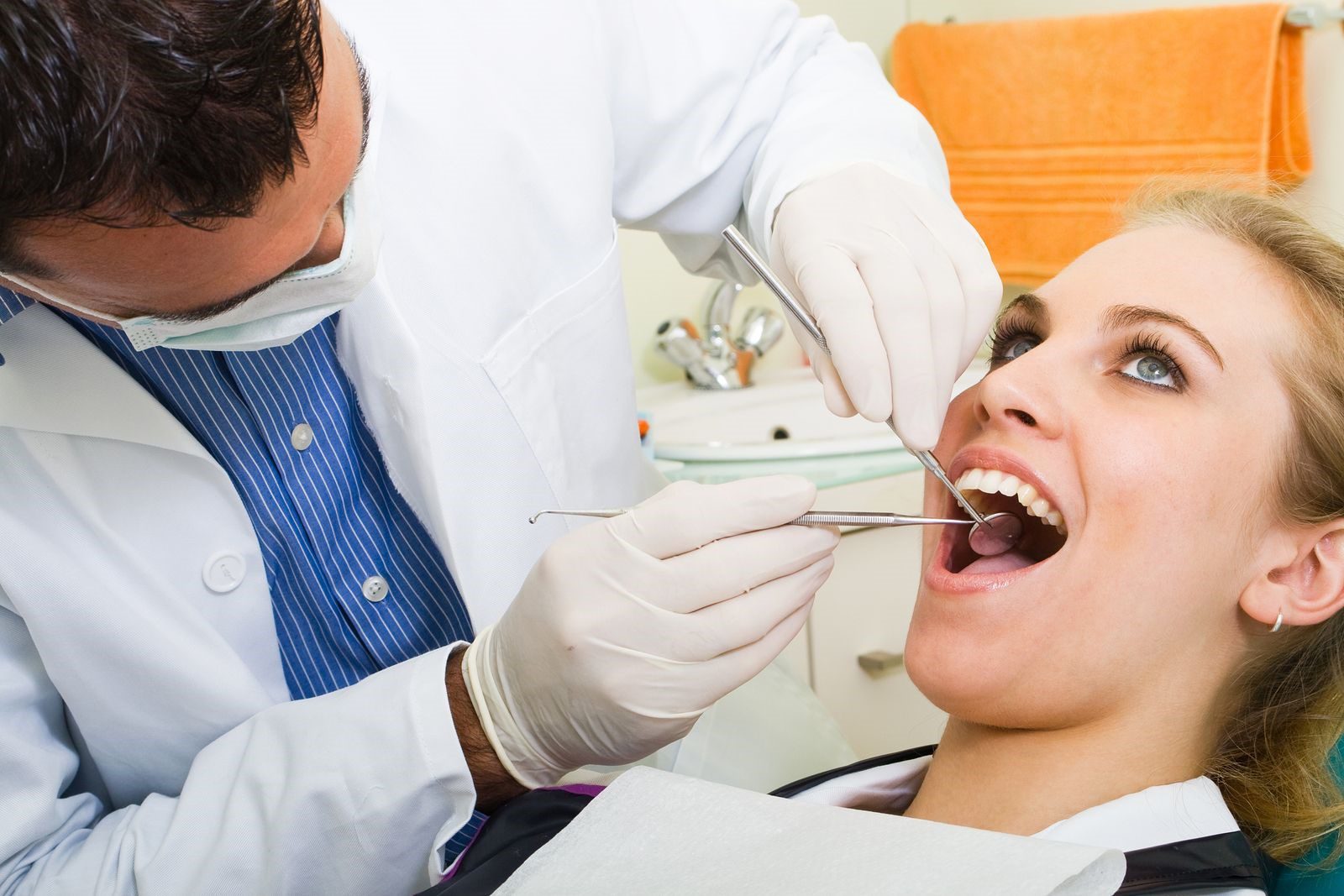Around 85% of the adult U.S. population have had a wisdom teeth removal procedure, so it’s not something you should be worried about. That being said, any kind of surgery should be managed carefully, so there are a few things you’ll need to do both before and after your procedure to ensure a speedy recovery.
How to Prepare
Once you’ve agreed a date for the procedure with your dentist, they’ll discuss some options with you. Most people choose to have local anaesthetic, but you are free to discuss the option of general anaesthetic if you have a personal reason why this is necessary, such as if you have a low pain threshold.
Prepare mentally by asking questions about any aspect of wisdom teeth removal you may be apprehensive about. All reputable dentists will be happy to educate you on the procedure, so don’t be afraid to ask.

You may be in pain after your wisdom teeth removal, so it may be best for someone to drive you home from your appointment. Arrange this in advance, as although you may think you’ll be up to driving you may feel more comfortable with someone else behind the wheel. This is particularly important if you have a general anaesthetic as you may be drowsy when you wake up.
Your dentist will advise whether you need to fast before your procedure, as well as what you should do regarding taking any prescribed medications or painkillers.
How to Recover
After your wisdom teeth has been removed, you should consider allowing yourself to rest at home for a couple of days, as you may feel pain, nausea or tiredness. Either arrange some sick leave from work, or plan your removal to coincide with your usual days off.
Eating and drinking can be difficult for a few days, so stick to liquids and soft foods until you feel able to chew properly.
Keep yourself comfortable and let yourself rest and fall asleep, as your body will need time to heal itself following surgery. Your dentist may prescribe or suggest pain medication for you to take, so be sure to stick to the dosage requirements so you don’t under or overdose on medication.
If you have any questions or concerns following a wisdom teeth removal, let your dentist know so they can offer the advice you need. There’s nothing to fear with a tooth extraction, though a bit of preparation and aftercare will help you recover more quickly.
Sources
Preparing for Wisdom Teeth Removal, AngiesList.com
Dental Health and Wisdom Teeth, WebMD.com





